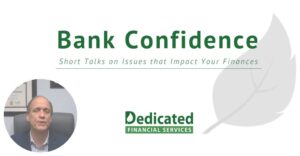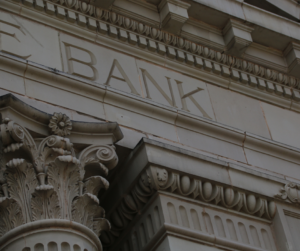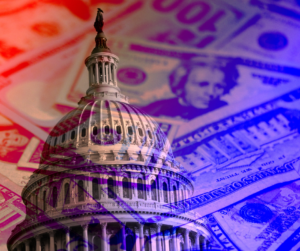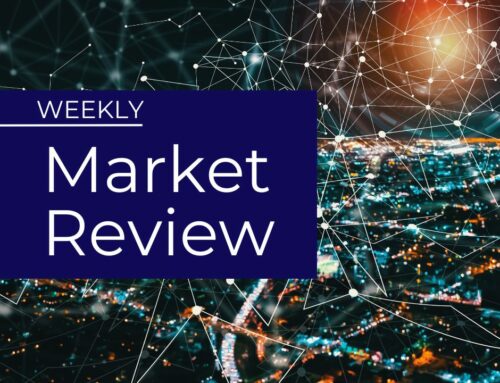In mid-March, regulators seized two banks on opposite coasts. Silicon Valley Bank (CA) and Signature Bank (NY).

Learn More about Recent News
While these recent happenings mark the second and third largest bank failures in the history of the United States, the dynamics that led to the failure of both banks were specific to both banks, including meaningful exposure to clients in the digital assets space, a segment of the economy that has struggled over the past year or so.
The quick and aggressive efforts by regulators to waive the $250,000 deposit cap at both banks and make depositors whole are key to limiting the economic and capital markets impact of the failure of both banks and maintain faith in our banking system.

Are the activities of the past weeks a sign of a bigger banking crisis? We don’t think so.
NOTES TO CONSIDER:
Regulators are watching dozens of banks even in normal times. They are understandably increasing scrutiny even more in light of recent events, to both limit the impact of these cases and also bolster confidence in our banking system.
There are key factors we weigh that DO NOT make us fear systemic risk in the US economy and capital markets.
- The amount of capital held at major banks and capital markets companies.
- The general health of the US economy, particularly residential real estate.
Particularly, in the aftermath of the Global Financial Crisis, regulators (inc. the US Federal Reserve) instituted extremely rigorous capital requirements for systemically vital financial institutions. At that time, these steps forced leading banks and brokerage houses to reserve sheets, the Fed continued on an annual basis to evaluate each firms’ business model and balance sheets, testing whether they could survive in the face of severe economic downturn. All current institutions passed the Fed’s 2022 Stress Test. As of March 2023, bank capital to total assets sits near 12% much higher than levels seen in the 2008 onset of the Global Financial Crisis.
Our current economy and its projections have signs of weakness, however in general the US economy remains much stronger than the late 2000s.

- a strong jobs market (the US consumer accounts for 70% of the GDP)
- resilient housing market (currently there is little proof of either the oversupply or extremely lax underwriting standards in the mid-2000s ushered in the Global Finance Crisis)
Although we don’t believe these bank closures signify the start of widespread trouble, there may be other unsettling headlines in the near future. The aggressive steps announced by the regulators are in place to both support faith and strength in our banking system and capital markets and ensure that the foundation of our economy continues strong.
Having an experienced and highly skilled, Certified Financial Planner to walk alongside you is vital as we all navigate the road ahead.
Should you need a review of your portfolio for a second opinion to weigh your choices, feel free to reach out.
SCHEDULE A CONSULTATION












